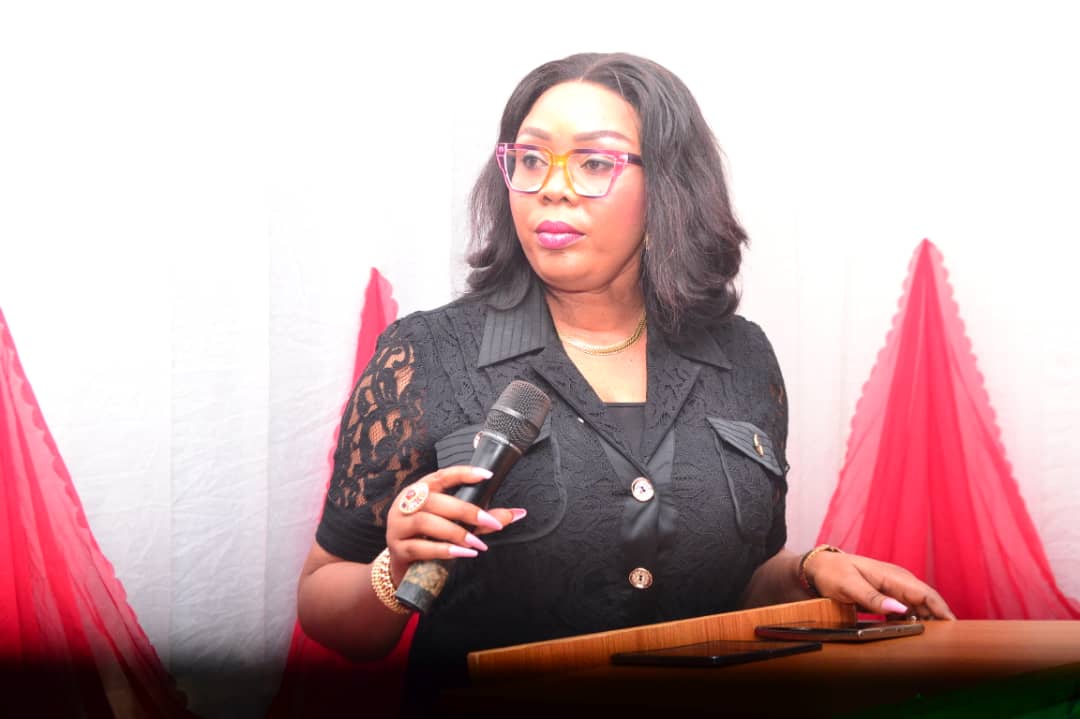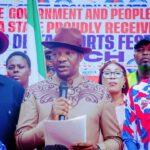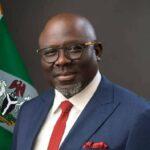Corruption, a symptom of weak economic governance has been identified as a major challenge for economic growth for Nigeria as it undermines tax collection, according to Dr. (Mrs) Doris Amaka Ochei, Guest lecturer at the Delta Online Publishers Forum (DOPF) 2023 Convention and Lecture series.
The lecture was held at the prestigious Golden Tulip Hotels, Asaba, Delta State capital.
At the event that the State Governor, Rt. Hon. Sheriff Oborivwore was represented and chaired by Chief Samuel Eshenake, secretary, Uvwie Chieftaincy Council, with discussants that included Hon. (Barr) Bridget Anyafulu, member, Delta State House of Assembly, Dr. Frank Nwugo, Director of Operations, Delta State Inland Revenue Services (DSIR), Dr. Ochei, who is also the Founder and President, Doris Amaka Ochei Foundation, pointed out that when perceptions of corruption are high, residents will be less willing to pay taxes, fearing that their taxes will be misused or misappropriated.
According to the DAO Foundation President, “Strengthening public financial management and enhancing the efficiency and equity of public spending will build trust in the system and improve compliance and revenue collection”
While the increase in government spending can lead to increased economic growth, an increase in taxation may hamper economic growth, which besides reducing people’s purchasing power during recessions and less revenue for businesses, as well as leads to greater unemployment and an even greater reduction in spending and economic activity.
she posited that fiscal policy can restore confidence in the government.
“It can help people and businesses feel that economic activity will pick up and alleviate their financial discomfort,” Dr. Doris Ochei said,
She added, “Therefore, there is a strong need for government at all levels to balance revenue generation and economic growth, which is what this presentation seeks to address.”
In balancing and fiscal reforms, Doris Ochei said expanding the tax net would help generate more revenue, which must be utilized productively through transparent and accountable means.
“The government needs to ensure that the tax collection process is efficient, transparent, and accountable to promote trust and confidence in the system.”
She said expanding the tax net rather than increasing taxation as canvassed recently by the Institute of Taxation, is in support of the fact that while tax mobilization is important for revenue generation, it must be done in a way to expand the tax net and does not overburden existing taxpayers.
“Thus, the government needs to balance revenue generation with promoting economic growth and development, without harming the economy or specific sectors.” She pointed out.
For Delta State, Dr. Doris Ochei acknowledged that there is an abundance of revenue sources at the disposal of the State Government because the taxes collectable by the State are enormous.
Against this background therefore, she averred that to balance fiscal policy and taxation for economic growth in the State, Delta State Government needs to take note of the following issues:
Be careful about Debt and Deficits: Excessive debt can lead to financial instability, higher inflation, higher interest rates, and high debt servicing costs.
Equity and Fairness: Policymakers must strike a balance between taxing the wealthy and corporations and the need to avoid negative economic consequences.
Grant Incentives for Investment because high taxes on capital gains, dividends, and business income can discourage investment and entrepreneurship.
Budget Prioritization: Prioritize spending on areas that have the most significant impact on growth, such as education, infrastructure e.t.c.
Income Inequality: Government should balance growth with policies that redistribute wealth and support social safety nets.
Economic Cycles: Since economic conditions can change rapidly, it is important to be prompt in adjusting fiscal and tax policies to respond to economic downturns or overheating.
Unintended Consequences: Policy makers must note that changes in fiscal policy or taxation can lead to unintended consequences, such as tax evasion, tax avoidance, or shifts in economic behaviour.
While hinting that the topic of fiscal policy and taxation is both intricate and multifaceted, with no one- size-fits-all solution, Doris Ochei said however, that some overarching lessons can be learnt. Such lessons include the underlisted:
Balancing revenue generation and economic growth is an art and a science, requiring careful planning, sound economic principles.
Effective fiscal policy is countercyclical, efficient, and equitable. It should be adaptable to changing economic conditions and designed to foster sustainable and inclusive growth.
“As we navigate the intricate landscape of fiscal policy and taxation, let us remember that our choices have a profound impact on the lives of our citizens and the future of our society.
“Our shared responsibility is to strike the right balance, ensuring both revenue generation and economic growth for the betterment of society as a whole.
“To entrench a better fiscal policy and taxation in Delta State, as well as other States in Nigeria.
“Delta State Government should leverage information and communication technology to improve revenue generation.
“Information technology should be used to bring more economic agents within the tax system to ensure that the State’s tax system is progressive, neutral, fair and efficient.
“To broaden the tax base, the State needs to include more and more diverse payers in the tax net, not necessarily increasing the current tax rate
“Governments should formulate policies to bring the informal economy and agriculture into the tax system. Delta State and the country at large should strive to improve governance in revenue collection by combating corruption.
“Also, while expanding the tax net, promoting tax education, and using consultants could increase revenue potential, the government at all levels needs to ensure that the process is transparent and accountable.
“Fiscal policy measures must balance multiple objectives to ensure transparency, accountability, and effective communication, Dr. Doris Ochei recommended










